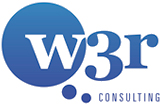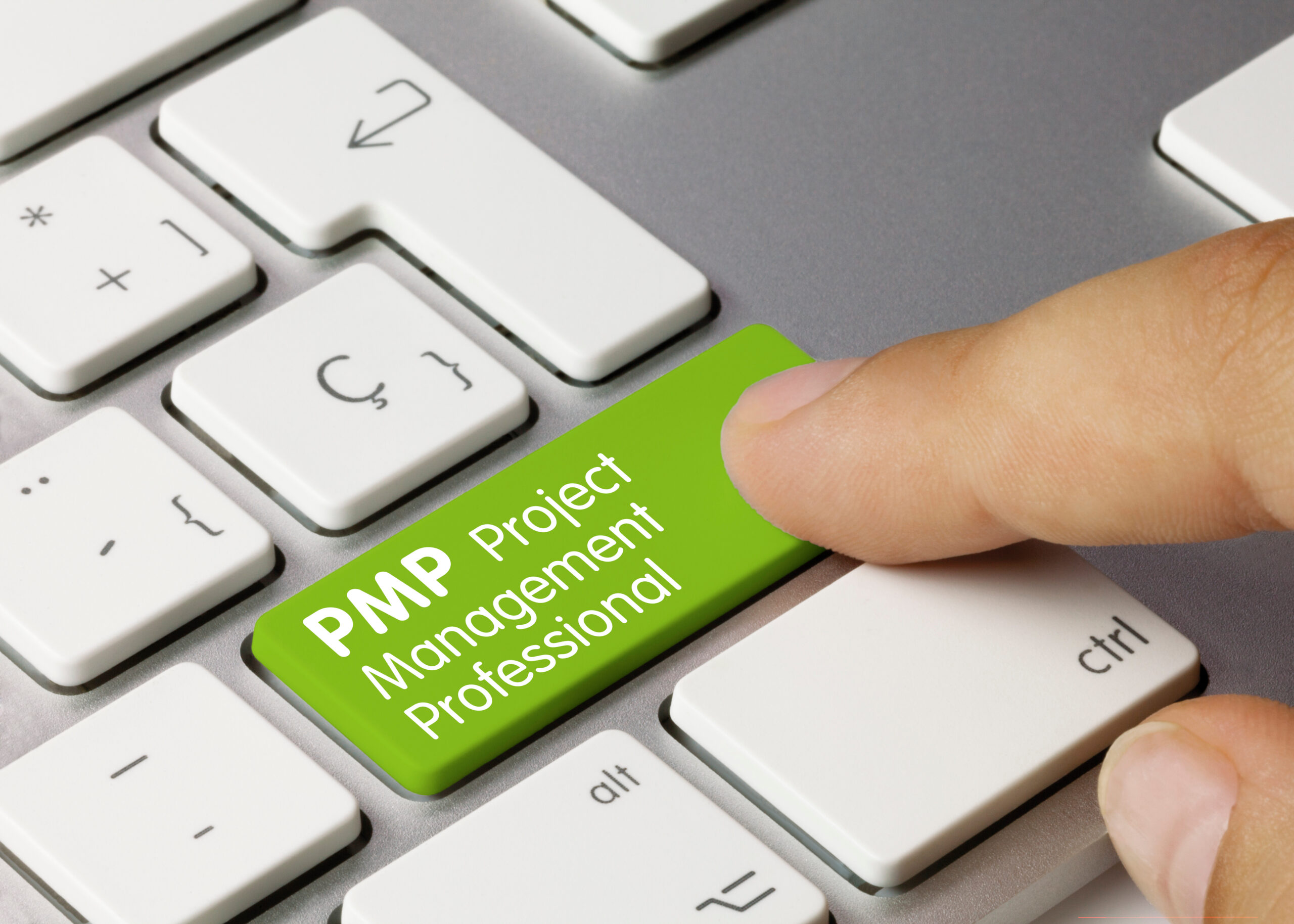These days, education and training need to be justified. Plenty of watered down certifications exist which are essentially just a leafy garnish wasted alongside a lobster dinner: they add nothing to the meat of your resume. Most aren’t worth the trouble, especially if they have the potential to cost several thousand dollars.
So the question that every project manager needs to ask should be: is the PMP worth it? Here is a list of potential advantages to help you weigh your decision about the value of PMP certification:
The PMP Certification Has Near Universal Recognition
Companies in countries from Switzerland to South Africa and just about everywhere else in between trust the PMP certification. The Project Management Institute (PMI), the governing body behind the PMP certification, has over 2.9 million members worldwide and that translates to a wide array of decision-makers or influencers who know first-hand about the certification.
Think of it this way: the prevalence of the PMP certification means there is a standard rubric by which you can measure project managers. Regardless of their exact experience, you know they fit the PMP standards. And because the PMI audits approximately 5% to 25% of applicants, there is a greater guarantee that people who earned the certification live up to those standards.
PMP Knowledge Can Complement Your Technical Side
Very rarely will a hiring manager or recruiter make a decision based on one single factor. However, the more green flags they spot in a project manager candidate, the more likely that person will surpass his or her peers for consideration.
For example, if a hiring manager looking for an IT project manager spots a PMP certification alongside SCRUM expertise and any Microsoft or Cisco certifications, your application is going to go to the front of the line. Beyond the technical expertise required for many upper level IT roles, the ability to effectively follow a proven process goes a long way to ensuring that costly mistakes don’t happen on your watch.
PMP Certification Offers Career Flexibility
The career path you have today is not always the one you’ll want a few years from now. One value of the PMP certification is that the exam is not industry specific. All of the questions on the exam relate back to one of five project management process groups: project initiation, planning, execution, monitoring and controlling, and closing. Successfully completing the exam proves that you understand the overarching process that defines a well-run project.
What that means for PMP certification holders is that they can more fluidly move between leadership roles in different industries. Though additional experience will be required to shift from IT project management to supply chain project management for example, hiring managers and recruiters recognize that the basic building blocks are all present in a candidate.
Getting the Best ROI out of Your PMP Certification
Though it’s pretty clear that the PMP certification has the potential to be a stellar pursuit for most project managers, there are definitely ways to get the best ROI out of your newfound skill set. For starters, be sure to advertise your certification clearly on your resume, LinkedIn, and other professional profiles. Attend conferences and pursue development activities that keep your certifications up-to-date and relevant. Additionally, make sure you work with recruiters who can connect you to the best project management opportunities.
w3r is connected to businesses in need of project managers across industries, having built relationships on trust that our PM professionals are at the top of their fields. Learn about our latest job opportunities or contact us to move your career in the right direction.

